My promotion was cause for celebration for everyone but me. Friends clinked glasses at happy hour, and though I smiled over martinis, I felt dread. I’d worked so hard for my new title, but I already crammed my art into the nooks and crannies of the occasional free evening. For a (very) mild pay raise and resume-fattening responsibility, I’d be giving up more time and energy to do work that frankly bored me. Saying so aloud seemed like spitting on my privilege.
Only one person in my life understood my ambivalence: my father. The first in his family to go to college and land a gig that required pressed shirts and briefcases, he’s prone to waxing nostalgic about his college construction job, the one he took to pay off the tuition that was supposed to give him a “better” life. Laying bricks left his body sore and his mind unfettered; he missed knowing that when he put his hammer down for the day, his life was his own.
Being “the boss of your own life” is the kind of you-go-girl platitude embraced by Lean In and its brattier kid sister #GIRLBOSS. Like a lot of working women in the “grind ’til you own it” era, I’ve been a disciple of both Sheryl Sandberg and Sophia Amoruso, but these narratives couple empowerment with earning power, trapping millennials in the same patriarchal structures that boxed “company men” like my father in cubicles for decades. There’s no shortage of cultural handwringing about millennial women like me burning out too young; in an infamous article for Forbes, Larissa Faw proposed that either we never learned to relax, or we’re harboring unrealistic fantasies about everyday workplace drudgery. I think there’s another possibility: that both men and women are eager to punch out of the old standards for success to seek personal satisfaction.
Yet how we answer that old question, “What do you do for a living?” remains as relevant as ever—embedded in hip-hop braggadocio or the swag surrounding TV heroes like Peggy Olson, Mad Men’s ingénue-turned-executive strutting down the halls of McCann-Erickson, cigarette dangling from her lips. “Mainstream media is a reflection of its times,” says Monique Anair, assistant professor of media studies at Santa Fe Community College. And these are the times of the 24/7 hustle. As journalist Dan Lyons laments, “There is no need for work-life balance because work is life, and life is work.”
My father’s exemplar of corporate high-life was Gregory Peck in the 1956 film The Man in the Gray Flannel Suit—a good-looking fella who takes early trains into the city on his way to becoming a V.P. Forget Peggy—her boss Don Draper was the perfect deconstruction of this archetype, grabbing each end of the tug-of-war rope in the center of his chest, pulling equally hard toward stability and freedom. Artist Nairobi Collins says, “We were shown men who [rose up] corporate ladders to be successful. You work, you earn, you succeed.” Collins “tried to go corporate and failed.” Today, he focuses on creative projects and keeps himself afloat through odd jobs. Once I was on the other side of an office door with my name on it, I discovered that plenty of my peers were forging less conventional, if rockier, paths. Entrepreneur Jon Mazzetta got tired of “taking the lead” in his 9-to-5 jobs: “I decided to actually take the credit and do it for myself instead of making someone else rich.” Yet, he says, that first step was steep: “There wasn’t really any support structure or financial help. I just held my breath and dove in.”
I want to be like Collins and Mazzetta—to trust in the power of my off-hours hustle and make an earnest go at freelancing so I can head out to artists’ colonies. But I’m trapped in a Sisyphean circle jerk of paying down student loans and keeping steady footing on economic ground rocked by the recession. I suppose I’m too afraid the earth beneath my feet will never be solid, and my father’s good-on-paper life is the only model I’ve ever known. For all his grumbling, he strikes me as a satisfied guy.
Still, I’m glad to see new models in pop culture. From Louie to Broad City, male and female characters are “leaning out,” prioritizing restlessness and self-discovery over traditional success. Perhaps Wild’s Cheryl Strayed, sweaty and alone on the Pacific Crest Trail, can be my guide instead of Sheryl Sandberg. Yet it seems these intentional hot messes arrived in the world fully self-actualized, totally comfortable choosing life over work. My heart is with Don Draper when he stands up in the middle of that meeting, eyes on the blue sky outside the boardroom window, and simply walks out the door—off, if only for a moment, to race cars and meditate and roam the country. To be someone, anyone, other than the man in the gray flannel suit.












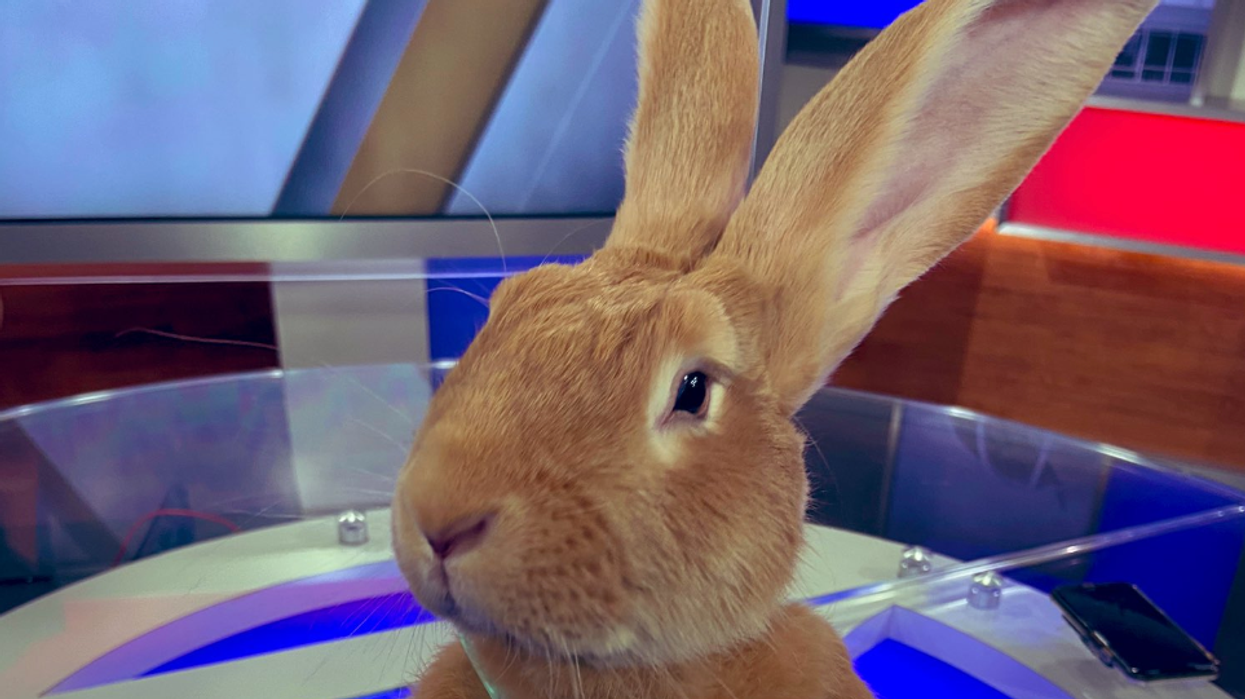



 Take home pay is becoming less and less as expenses rise year after year.Photo credit: Canva
Take home pay is becoming less and less as expenses rise year after year.Photo credit: Canva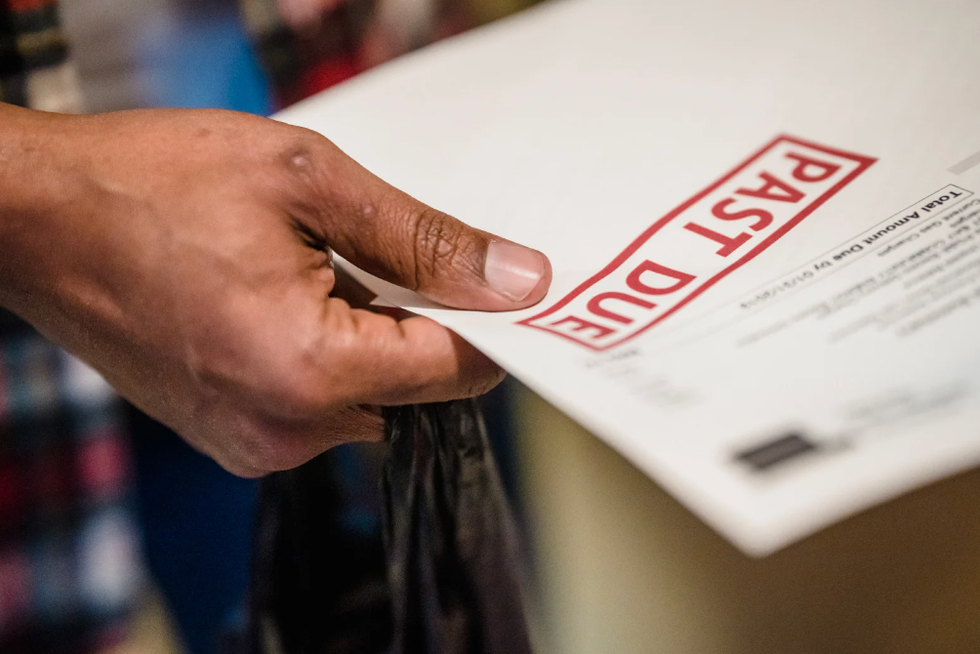 Making bill payments gets harder each year.Photo credit: Canva
Making bill payments gets harder each year.Photo credit: Canva




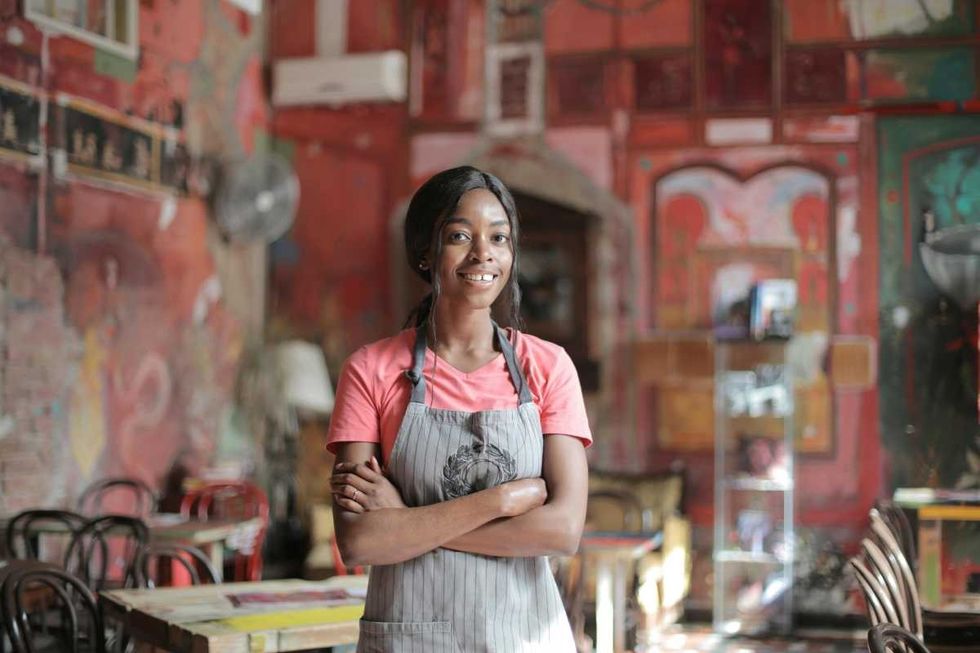 Representative Image Source: Pexels | Olly
Representative Image Source: Pexels | Olly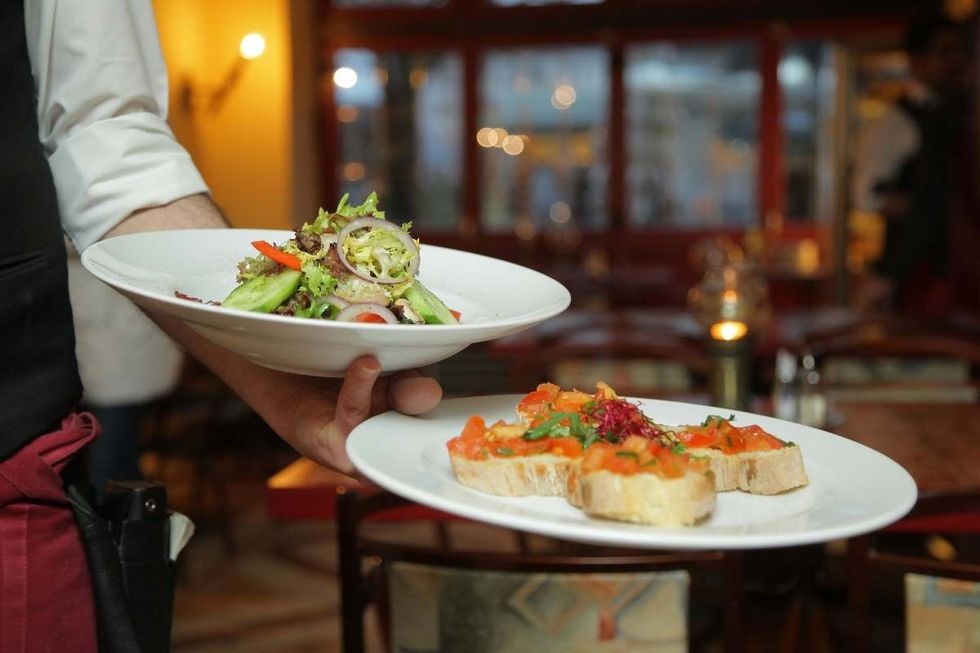 Representative Image Source: Pexels | Pixabay
Representative Image Source: Pexels | Pixabay Representative Image Source: Pexels | Cottonbro
Representative Image Source: Pexels | Cottonbro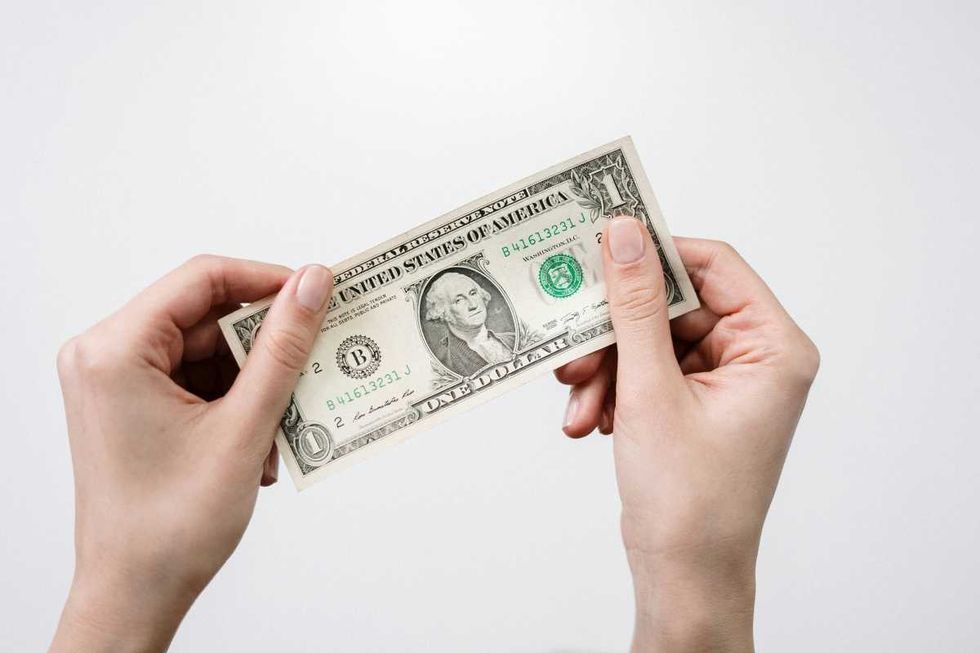 Representative Image Source: Pexels | Cottonbro
Representative Image Source: Pexels | Cottonbro Representative Image Source: Pexels | Karolina Grabowska
Representative Image Source: Pexels | Karolina Grabowska Representative Image Source: Pexels | Jonathan Borba
Representative Image Source: Pexels | Jonathan Borba Image Source: Reddit |
Image Source: Reddit |  Image Source: Reddit |
Image Source: Reddit |  Image Source: Reddit |
Image Source: Reddit | 
 Representative Image Source: Pexels | Pixabay
Representative Image Source: Pexels | Pixabay Representative Image Source: Pexels | Pixabay
Representative Image Source: Pexels | Pixabay Representative Image Source: Pexels | markus winkler
Representative Image Source: Pexels | markus winkler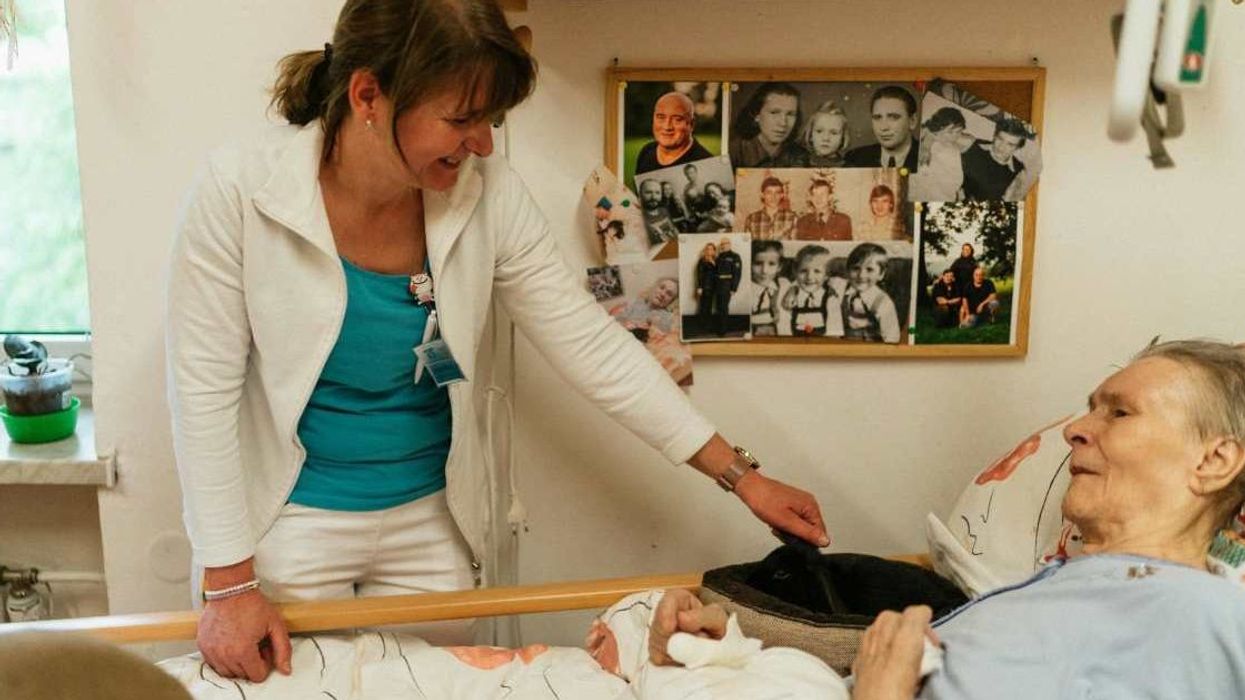
 Representative Image Source: Pexels | Shvets Production
Representative Image Source: Pexels | Shvets Production Representative Image Source: Pexels | Oleksandr P
Representative Image Source: Pexels | Oleksandr P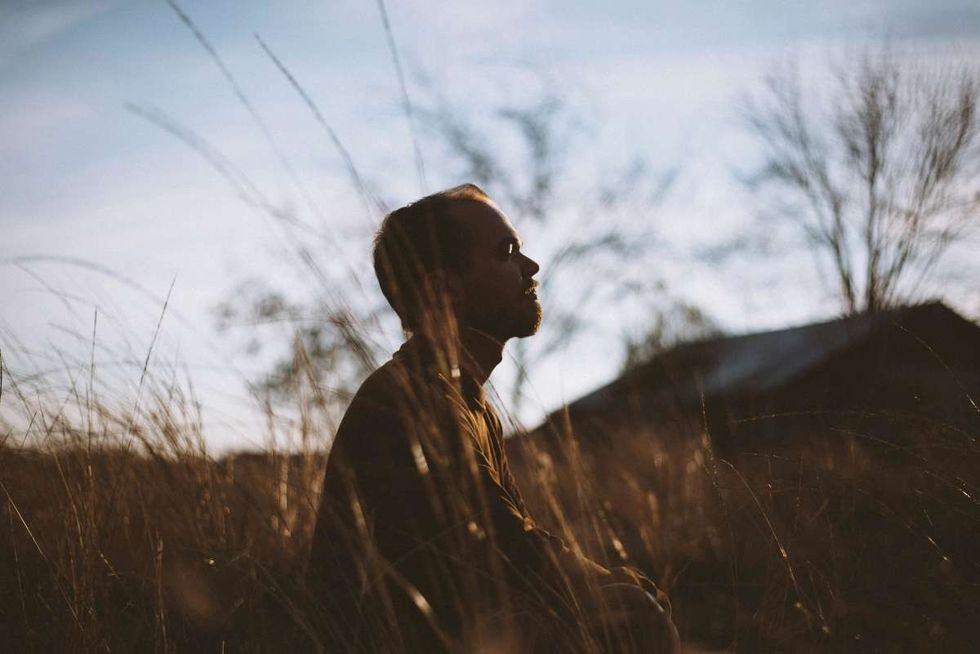 Representative Image Source: Pexels | Photo by Spencer Selover
Representative Image Source: Pexels | Photo by Spencer Selover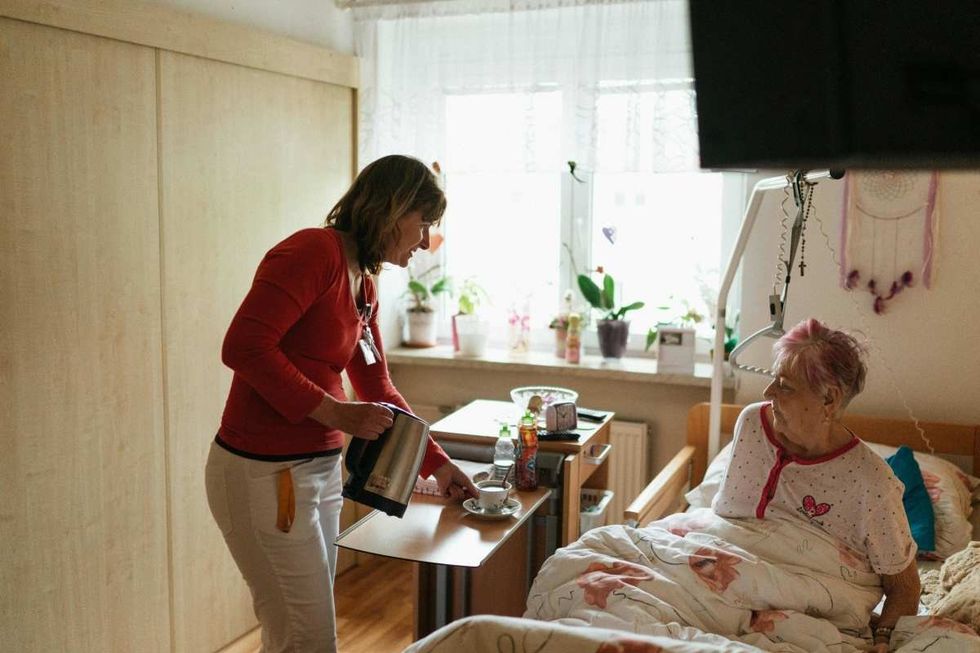 Representative Image Source: Pexels | JSME Mila
Representative Image Source: Pexels | JSME Mila